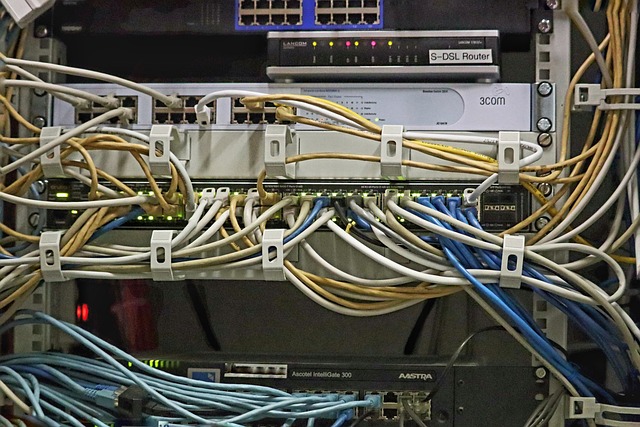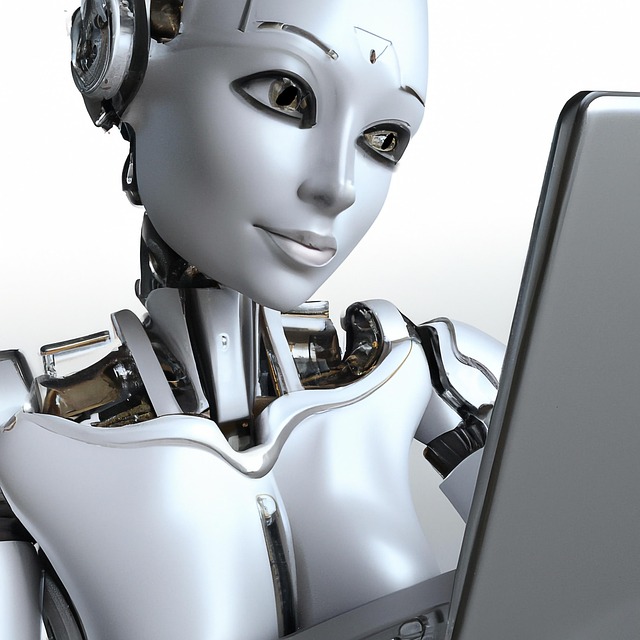# The Role of AI Technology in Shaping the Future of Work and Enhancing Human Capabilities
Artificial Intelligence (AI) has emerged as a transformative force across various sectors, fundamentally altering how work is conducted and enhancing human capabilities. As organizations increasingly integrate AI technologies into their operations, the implications for the workforce and the nature of work itself are profound. This article explores the various dimensions of AI’s role in shaping the future of work, focusing on automation, collaboration, and skill enhancement.
## Automation: Redefining Job Landscapes
The rise of AI-driven automation is perhaps the most visible change in the workplace today. By streamlining repetitive tasks, AI allows employees to focus on more complex and creative aspects of their jobs. For instance, in industries such as manufacturing and logistics, robots equipped with AI systems can perform tasks ranging from assembly line work to inventory management with remarkable efficiency. This shift not only increases productivity but also reduces the likelihood of human error.
Moreover, the impact of automation extends beyond just efficiency gains. It also prompts a reevaluation of job roles and responsibilities. While certain positions may become obsolete due to AI advancements, new roles are emerging that require a blend of technical and soft skills. Consequently, workers are encouraged to adapt and evolve, fostering a culture of continuous learning and professional development. Organizations that embrace this change will find themselves better equipped to navigate the complexities of modern business landscapes.
Furthermore, the integration of AI in the workplace raises important questions about job displacement and economic inequality. While some fear that automation will lead to widespread unemployment, studies suggest that AI will create more jobs than it eliminates. The key lies in the ability of workers to transition into new roles that AI cannot easily replicate, such as those requiring emotional intelligence, creativity, and strategic thinking. Thus, the narrative surrounding automation must shift from one of fear to one of opportunity.
## Collaboration: Enhancing Human-AI Partnerships
AI technology is not merely a replacement for human labor; it also serves as a powerful collaborator that enhances human capabilities. The concept of human-AI collaboration is gaining traction, as organizations recognize the potential for AI to augment human decision-making and creativity. For instance, in fields like healthcare, AI algorithms can analyze vast amounts of data to identify patterns and assist doctors in diagnosing diseases more accurately and swiftly. This partnership allows healthcare professionals to make informed decisions while focusing on patient care.
In addition to healthcare, the creative industries are also experiencing a renaissance fueled by AI. Tools powered by machine learning can assist artists, writers, and musicians by providing inspiration, generating ideas, or even co-creating content. This collaborative approach not only enhances productivity but also pushes the boundaries of human creativity. As a result, workers can leverage AI to explore new avenues of innovation that were previously unimaginable.
To fully harness the potential of AI collaboration, organizations must foster an environment that encourages experimentation and adaptability. Training programs that focus on building AI literacy among employees will be crucial in this regard. By equipping workers with the skills to effectively collaborate with AI, businesses can unlock new levels of creativity and problem-solving capabilities, ultimately driving growth and innovation.
## Skill Enhancement: Preparing for the Future
As AI continues to reshape the workplace, the demand for new skills is becoming increasingly evident. The traditional skill set that once defined job qualifications is evolving, necessitating a shift in how education and training are approached. Workers must now be equipped not only with technical skills but also with critical thinking, emotional intelligence, and adaptability. These competencies will be essential in navigating a world where AI plays a central role.
Educational institutions and organizations are beginning to recognize the importance of reskilling and upskilling their workforce. Initiatives aimed at bridging the skills gap are being implemented, with a focus on STEM (science, technology, engineering, and mathematics) education, as well as soft skills training. By fostering a culture of lifelong learning, organizations can ensure that their employees remain competitive in an ever-changing job market.
Interestingly, AI itself can play a significant role in facilitating skill enhancement. Personalized learning platforms powered by AI can tailor educational content to individual learning styles and paces, making training more effective and engaging. Additionally, AI-driven assessments can provide real-time feedback, enabling workers to identify areas for improvement and track their progress. This data-driven approach to learning empowers employees to take charge of their professional development.
In conclusion, AI technology is not just a tool for automation; it is a catalyst for redefining the future of work and enhancing human capabilities. By embracing the opportunities presented by AI, organizations can foster a more innovative, collaborative, and skilled workforce. As we move forward, the challenge will be to navigate the complexities of this transformation while ensuring that the benefits of AI are accessible to all. In doing so, we can create a future where humans and machines work together harmoniously, unlocking unprecedented potential for growth and creativity.











